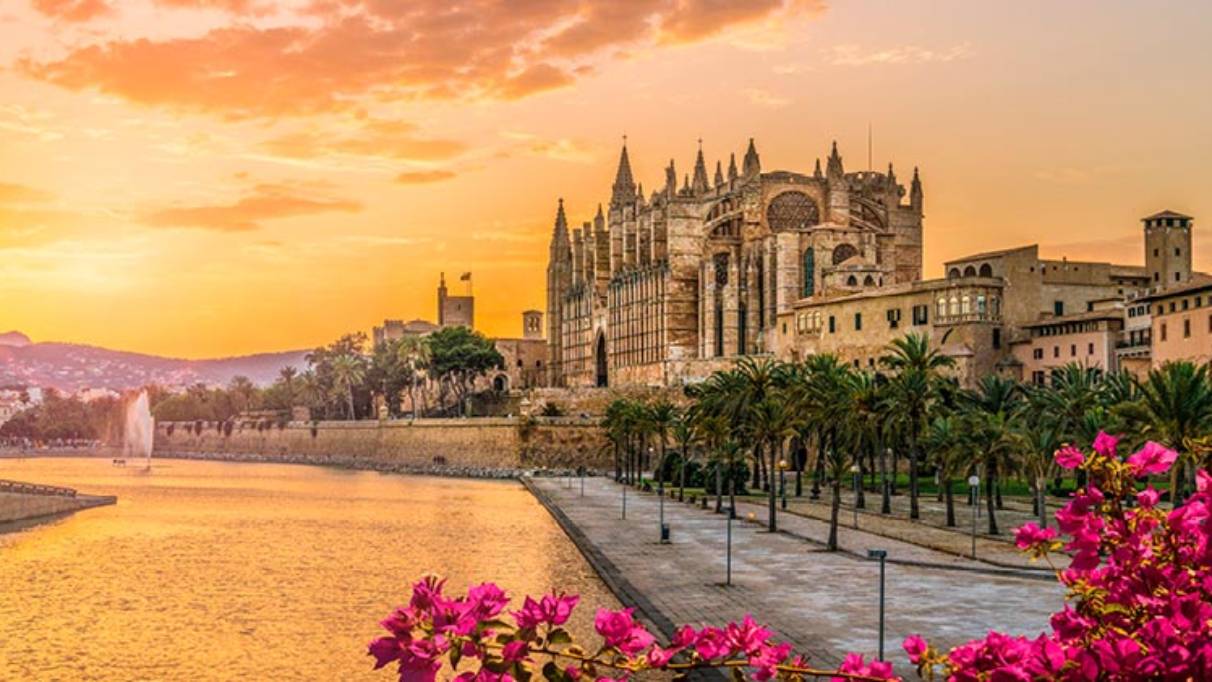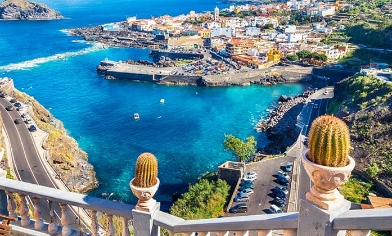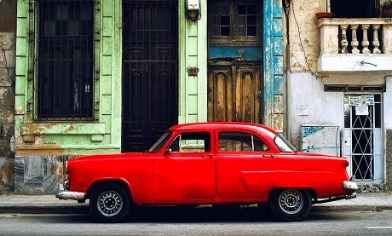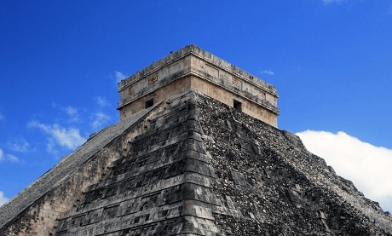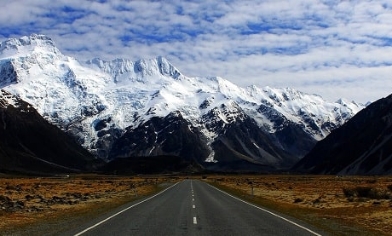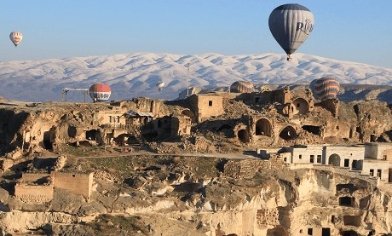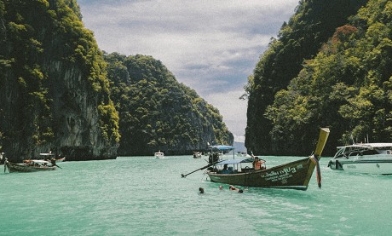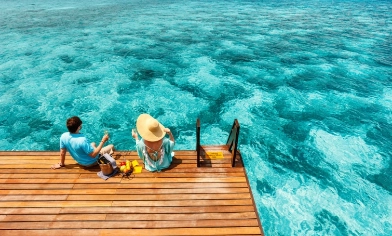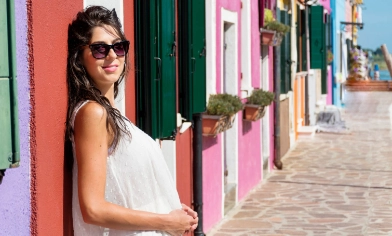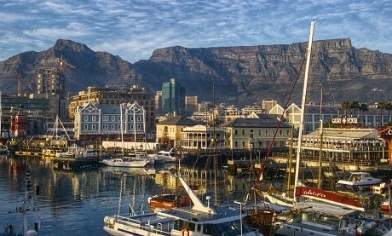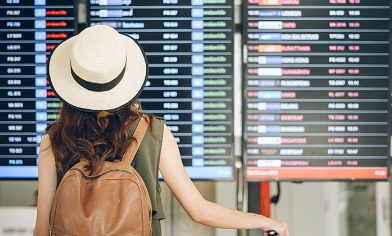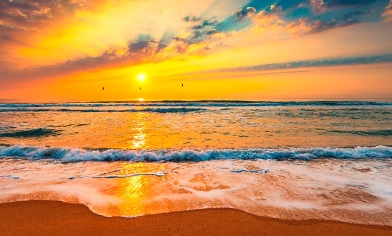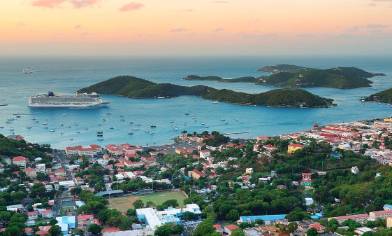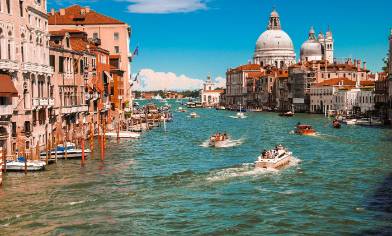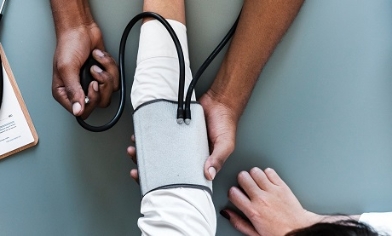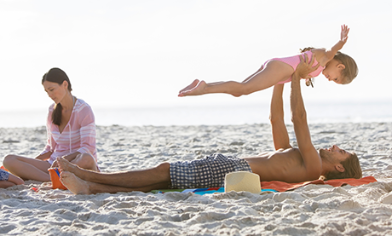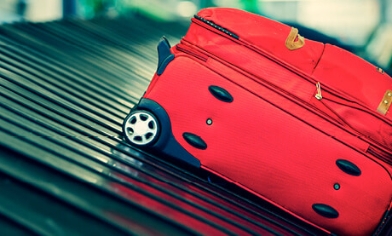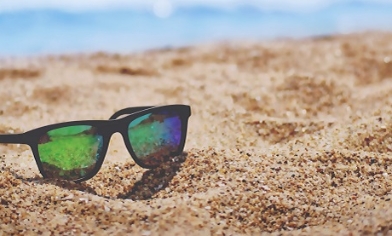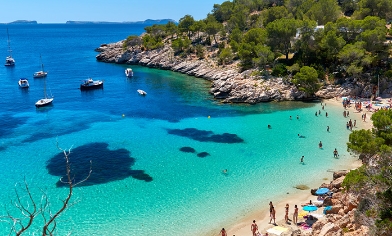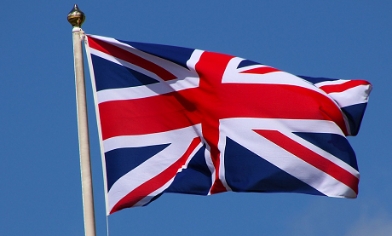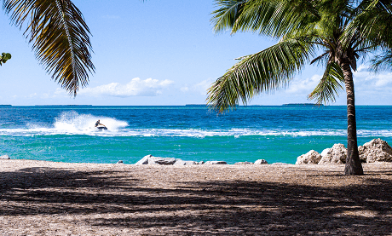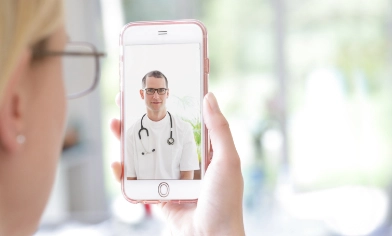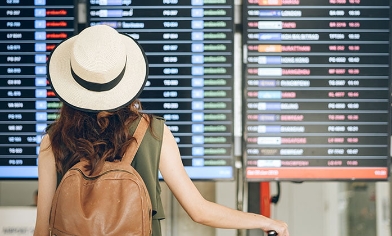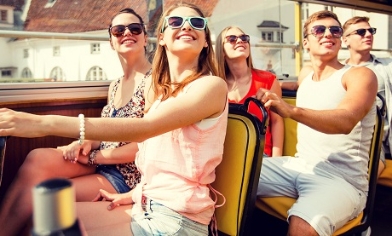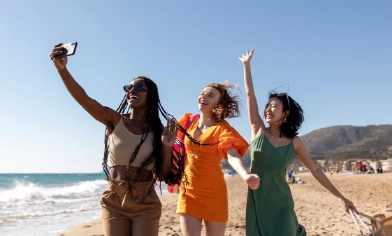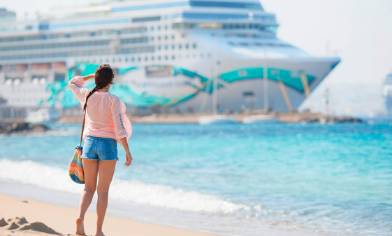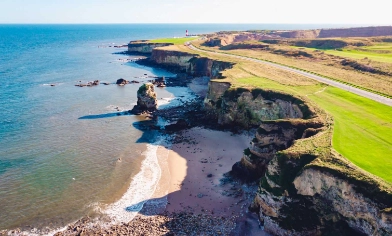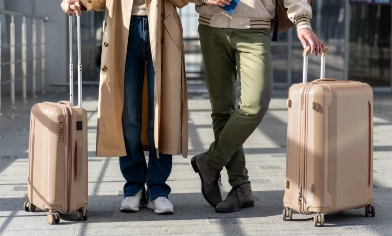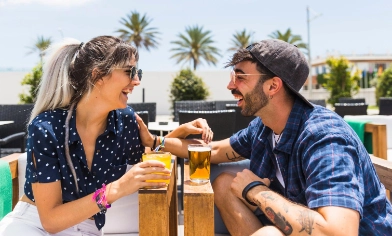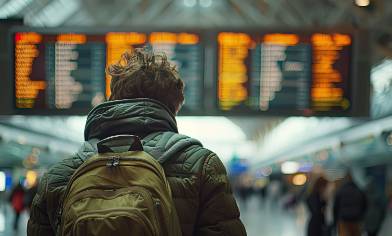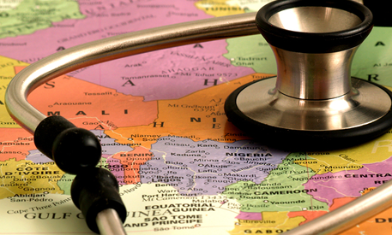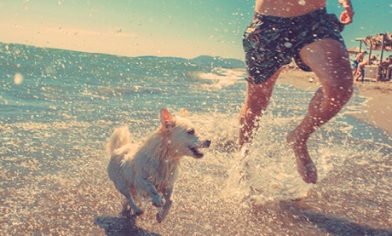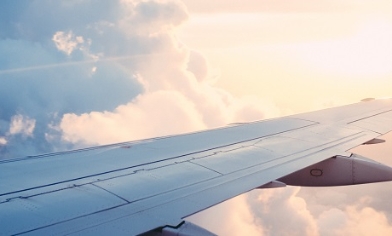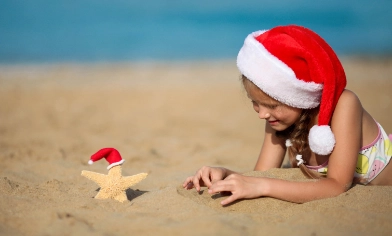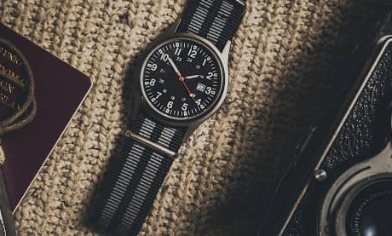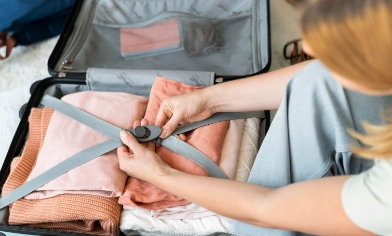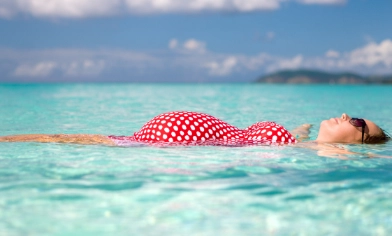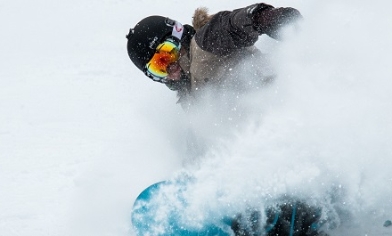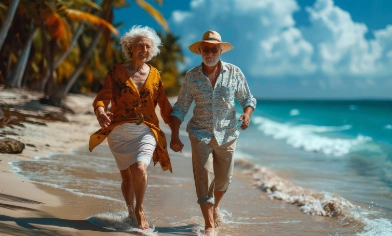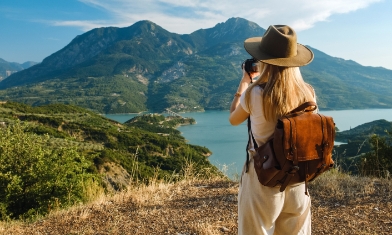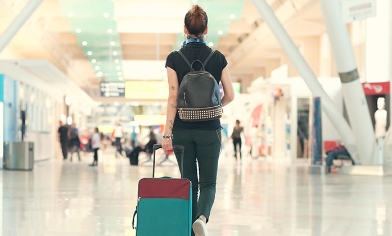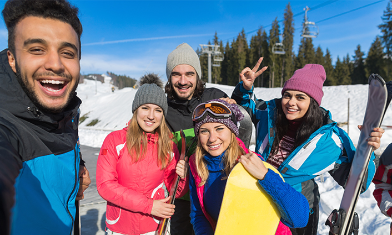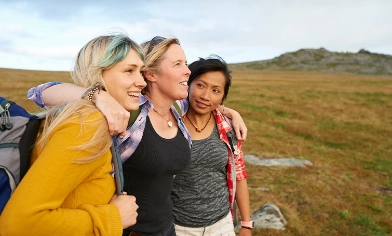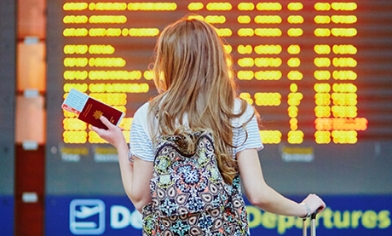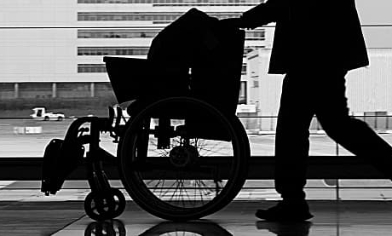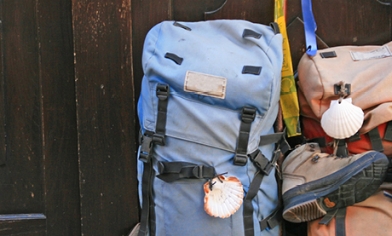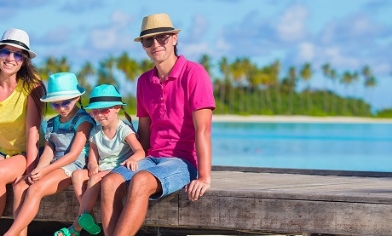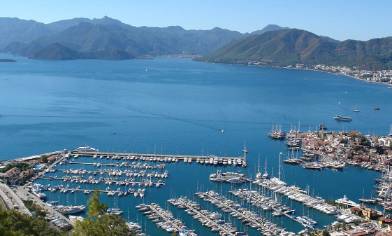Healthcare in the Balearic Islands
Spain operates a good public healthcare system, which is available in the Balearics. Access to healthcare varies by island. Mallorca and Ibiza have multiple facilities while the smaller Menorca and Formentera have more limited services.
If you have a valid European Health Insurance Card (Ehic) it should be accepted for emergency and necessary state healthcare. If you don’t have one, you can apply for a free UK Global Health Insurance Card (Ghic), which now provides the same access to healthcare as an Ehic in EU countries.
Good travel insurance is still needed for eventualities not covered by the Ehic/Ghic including but not limited to repatriation, air rescue and dentistry – as well as non-health related emergencies like theft and loss of belongings (see below). Make sure the policy you choose provides the level of Covid-19 cover you need on your travels.
Some facilities offer both state-funded and private healthcare so you may need to specify which service you want. Make sure you know in advance what private care your insurance covers if that is your preferred option. If in any doubt opt for public as you’ll be expected to pay any costs not covered by your policy.
If you know in advance you will require treatment or have existing health conditions, research the nearest facilities. Knowing if they’re public or private and the location helps reduce the stress if and when the time comes.
In the event of an emergency, dial 112 for emergency support or 061 for an ambulance. When arriving at a hospital “urgencias” is the Spanish for accident and emergency.
Where possible take all prescription medicine you’ll need for the length of your stay, plus a bit more to cover any delays. If necessary, towns will have at least one pharmacy (famacias) open 24 hours where prescription and non-prescription medicines can be obtained. You may be required to produce your prescription and/or a doctor’s note to explain why you need it.
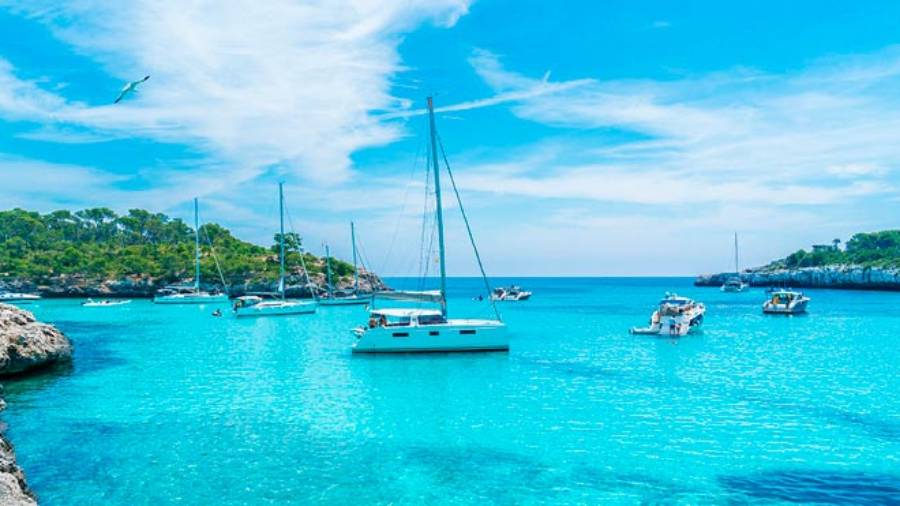
Travel risks in the Balearics
Before travelling anywhere you should always check the Foreign, Commonwealth and Development Office (FCDO) travel advice for your destination, as travelling against this advice may invalidate your insurance policy. Check the latest guidance for Spain.
Crime in Spain is generally low and although the Balearics’ average crime rate is higher than the mainland, most of this is opportunism and being extra careful can reduce any risk.
The islands are generally safe but beware of pickpockets and bag thieves in the larger towns, mainly on Mallorca and Ibiza, and on beaches. Keep valuables secure, close or zip bags and avoid carrying valuables by hand or in easily accessed pockets. Try not to keep them all in the same place. Be careful what you display in public and only take out what you need. Be aware of current distraction scams. Store valuables in a room safe where possible.
In the livelier resorts, crime in the evenings centres around taking advantage of those with impaired decision making after a few drinks. Make sure you’re aware of where you are in relation to your accommodation. Avoid quiet and badly lit areas at night. Be vigilant for anyone trying to add anything to your drink.
If taking part in water sports or other higher risk activities take all available precautions. Check if these activities will be covered on your travel insurance policy – they may not.
Always be careful on balconies, especially when alcohol has been consumed.
Take precautions while out in the sun and keep hydrated. The tap water is safe to drink but may taste different to the UK. Bottled water is readily available at a reasonable price.
Where terrorist threats do occur in Spain and its territories, they usually relate to areas of the mainland, particularly Barcelona and the Catalonia region. Advice can change at any time, though, and you can check the current threat level before you travel.
Getting around
Travelling around or between the Balearic Islands is simple. Public buses are available for travelling within the main islands. Check timetables before travelling as they vary at weekends and seasonally.
Taxis are readily available in larger towns and cities. Rates are set to government levels to avoid scams so look for registered taxis.
You can travel between resorts on Mallorca and Ibiza from the bigger ports or to other islands by ferries, which operate daily services.
To drive in Spain, you must be at least 18 years old (16 for motorcycles up to 125cc) and hold a full UK driving licence. If you’re using UK insurance, make sure it covers you to drive abroad and for the length of your stay. Trips of three months or more may need additional cover.
Balearic locals drive on the right and the speed limit is in km/h. Seat belts are compulsory in the front and back of the vehicle for anyone aged 12 and over or children over 1.35m tall. If you’re travelling with children under 12, please check what safety measures/seating aids are required. Riders of motorcycles and mopeds must wear a crash helmet.
There are strict drink driving laws. The blood alcohol limit is 49mg of alcohol per 100 ml of blood or 29mg if you’ve held your licence for less than two years. Police carry out regular roadside checks, so it’s best not to consume any alcohol before driving. If you’re involved in an accident and have consumed alcohol it may invalidate your insurance.
Mobile use while driving is illegal unless using a hands-free kit (but not an earpiece). You must be away from the road before using a phone. Simply pulling over isn’t acceptable, even if the engine’s switched off.
You’re required to carry two red warning triangles for use at the front and rear of the vehicle in the event of a breakdown. And a spare wheel and the tools to change it. If you need to leave the vehicle, a reflective vest must be worn.
On-the-spot fines can be issued for offences. If paid within 20 days, they’ll be reduced by 50%.
Hiring a car can be a good way to see the larger islands. The minimum age is usually 21 for car hire but can be higher depending on provider. Check you’re insured to drive and, now Britain has left the EU, if you’ll need an additional international driving permit (IDP).
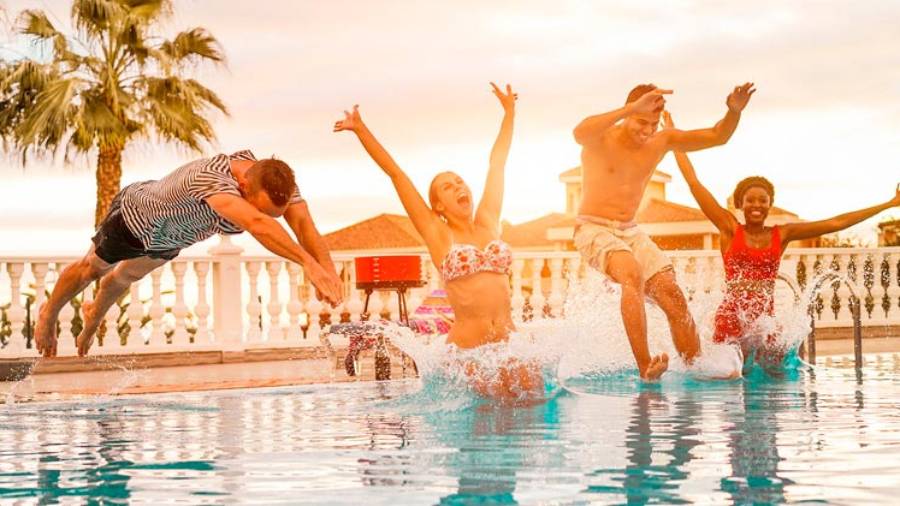
Weather for the Balearics
The Balearics are hot in the summer and still relatively mild even in autumn and winter. The summer months can reach 30 degrees, while October, November and December temperatures average in the high teens to early 20s. January and February can see a pleasant 15 to 16 degrees.
Here are the average maximum temperatures on the main islands at different times of year:
| Month |
Mallorca (Majorca) |
Menorca (Minorca) |
Ibiza (Eivissa) |
| January |
15.4°C |
14.2°C |
15.8°C |
| February |
15.5°C |
14.1°C |
16.0°C |
| March |
17.9°C |
16.1°C |
17.9°C |
| April |
20.4°C |
18.3°C |
20.1°C |
| May |
24.4°C |
22.1°C |
23.2°C |
| June |
28.6°C |
26.3°C |
27.2°C |
| July |
31.1°C |
28.8°C |
29.7°C |
| August |
31.5°C |
29.5°C |
30.4°C |
| September |
27.7°C |
26.1°C |
27.5°C |
| October |
23.9°C |
22.8°C |
24.0°C |
| November |
18.9°C |
18.0°C |
19.3°C |
| December |
16.2°C |
15.2°C |
16.6°C |
Source: Met Office
Do I need travel insurance for the Balearics Islands?
Travel insurance covers you against unforeseen events that could impact or disrupt your holiday. However unlikely they may seem, it can give you peace of mind up front and ease the stress and expense should something happen.
An Ehic or Ghic will give you access to state medical care for free or what it costs the locals. But they will only cover certain medical situations and not, for example, emergency air rescue or the cost of getting you home if needed. Buying travel insurance helps to complement the cover Ehic and Ghic provide. Make sure you declare medical conditions upfront so you get the right level of cover.
Travel insurance may provide assistance if belongings like passports, valuables and luggage are lost, stolen or damaged. It may also cover cancellation, travel delays or curtailment.
Check your policy wording to make sure items such as gadgets are covered, and in the numbers you’ll be taking with you. You may need to increase your cover level or buy a separate gadget cover policy for them.
If you only have one trip planned, a single-trip travel insurance policy might offer you better value. For more regular travellers a multi-trip travel insurance policy covers a 12-month period and may be more cost effective
Will travel insurance cover activities?
Being islands, the Balearics offer lots of water sports as well as activities like Jeep safaris and hot air ballooning. Some activities will be covered as standard by travel insurance but others may not. It’s important to check if you’re covered for the activities you want to take part in. You might be able to upgrade your policy to add them on or buy a specialist policy that covers them.
It’s best to have easy access to a copy of your travel insurance to check any last-minute activities or trips are covered. If you’re visiting the Balearics as part of a cruise, you may need to take out cruise cover for your trip.
Are the Balearic Islands in Europe for travel insurance?
The Balearics are part of Spain, which in turn is an EU member state. It is always worth checking with your insurer, but Spain will usually fall under Europe rather than ‘rest of the world’ for insurance policy purposes.
Is it safe to travel to the Balearic Islands?
While it’s generally safe to travel to the Balearics, always check the FCDO’s travel advice page before both booking and travelling. This will provide information on Spain as a whole and any relevant information for islands like Mallorca, Ibiza, Menorca and Formentera.
The FCDO page will also provide useful information, tips and potential risks to help keep you safe during your trip on things like health, terrorism, safety and security. Travelling against FCDO’s advice is likely to invalidate your insurance.
